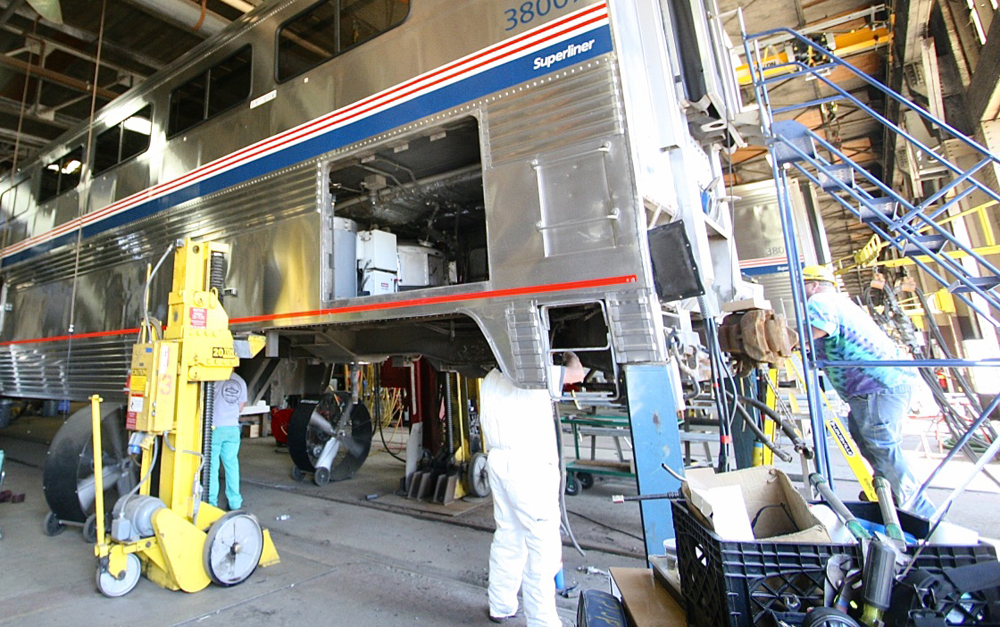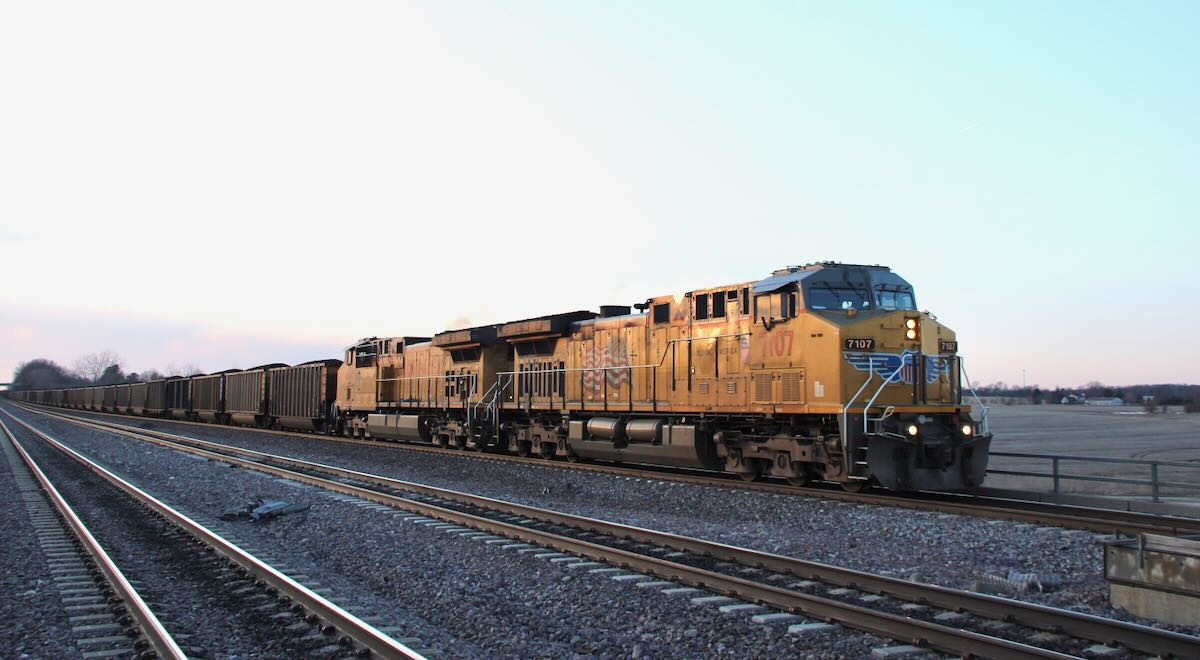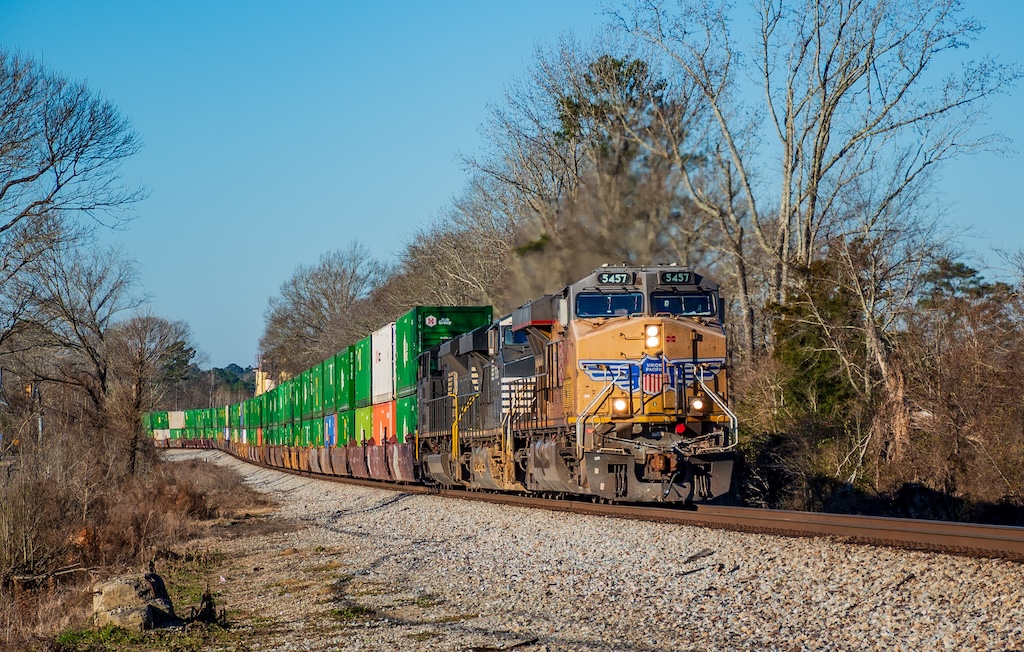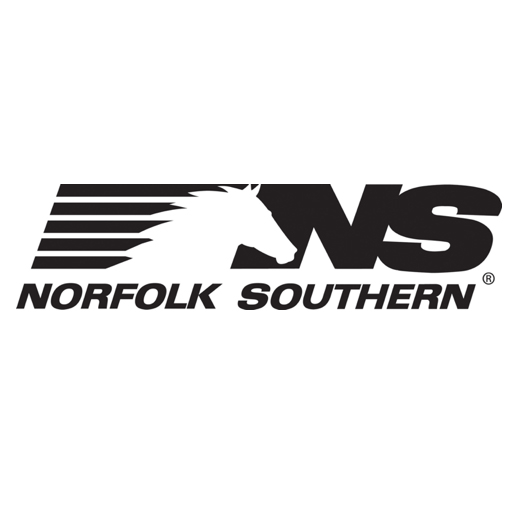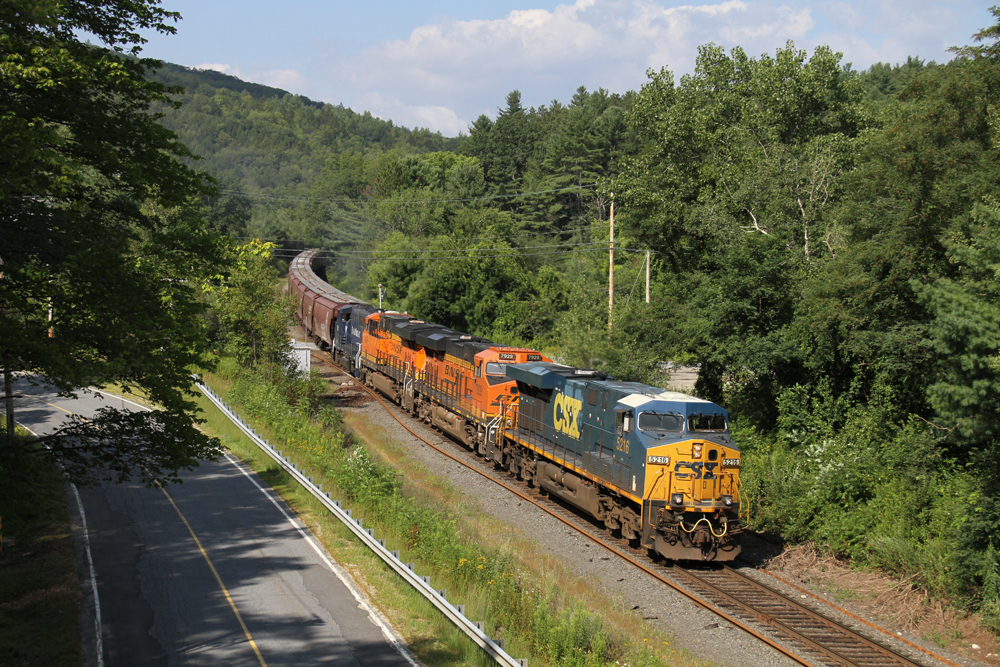
FORT WORTH, Texas — BNSF Railway says Union Pacific’s proposed acquisition of Norfolk Southern will reduce rail competition, raise rates, curtail service, and likely lead to an operational meltdown.
BNSF unveiled a position paper on the UP-NS combination yesterday while encouraging customers to voice their concerns with the Surface Transportation Board, which will review the deal that aims to create the first U.S. transcontinental railroad.
“No customer is asking for a UP-NS merger to happen. It’s driven by Wall Street on the promise of a big shareholder payout,” BNSF said. “BNSF does not believe a merger is necessary at this time, when we can deliver immediate benefits to our customers while preserving competition.”
BNSF contends that shippers will have to cover the cost of the $85 billion deal because UP’s 10% volume growth target is not achievable. As a result, UP will resort to driving up rates on captive traffic and aggressively cutting costs, BNSF said.
“At the expense of smaller customers, communities, and short lines, UP will double down on its historic practice of leveraging its now enhanced market power to drive higher rates on captive customers and favoring high-density lanes while closing low volume lanes,” BNSF says.
BNSF claimed that UP will close 300 intermodal lanes if the merger is approved, based on the assumption that all current UP-CSX and BNSF-NS lanes will be discontinued.
UP and NS won’t provide details on their operating plan until they file their merger application, sometime between Oct. 29 and Jan. 29. UP has opened four intermodal terminals in the past four years while adding domestic and international service, and executives have said they view intermodal as a growth engine.
Class I megamergers — and smaller ones like Canadian Pacific’s 2023 acquisition of Kansas City Southern — have produced integration-related service problems, BNSF notes.
“America’s supply chain was severely challenged during the pandemic, and the potential impact to the supply chain, economy, and the consumer from the proposed merger is too risky,” BNSF argues.
BNSF also raised concerns about the STB’s ability to impose workable conditions that would protect shippers’ competitive options. “The STB has had to order UP to comply with UP/SP merger obligations and allow BNSF access over a dozen times,” BNSF says of the conditions the board imposed as part of its approval of UP’s 1996 acquisition of Southern Pacific.
BNSF says interline collaboration, rather than a merger with CSX, is the appropriate competitive response to the UP-NS merger. “We should not be viewed as the fix to correct the competitive imbalance that UP-NS are trying to create,” BNSF says.
Instead, BNSF says the supply chain needs more cooperation between railroads, such as the interline intermodal service that BNSF and CSX announced last month.
“These partnerships provide more, not fewer, options for our customers while preserving competition and flexibility. We can also implement them now, not two years later, after an expensive and arduous regulatory process,” BNSF says.
Tom Williams, BNSF’s chief marketing officer, urged customers to voice their concerns with the STB.
“The STB cannot assume the full impact of this merger — they need to hear directly from stakeholders like you,” he wrote in a note to customers on Monday. “Your feedback will help ensure that the Board has a clear understanding of the practical implications for shippers, industries, and communities.”
UP and NS have said that their transcontinental merger will improve competition, boost the economy, help importers and exporters in global markets, and support a revitalization of American manufacturing.
And they say that providing single-line service will lead to volume growth, including in the watershed area within a few hundred miles of the Mississippi River, which is a no man’s land between the Eastern and Western railroads due to complications related to interchanges and short lengths of haul.
The railroads say they are so confident that their end-to-end combination will result in volume growth that they have promised that no union members will lose their jobs as a result of the merger.
“Union Pacific is disappointed that BNSF as part of the Berkshire Hathaway family, which is publicly traded, would put out misinformation. For example, they claim Union Pacific has a plan to close 300 intermodal lanes, which is unfounded and absolutely false,” spokeswoman Kristen South said in an email.
More than 100 shippers have written letters supporting the merger, she noted, and more than 100 more letters are in the works.
Note: Updated at 5:49 p.m. Central with information regarding BNSF’s assumptions on intermodal lanes that would be closed if the merger is approved.






